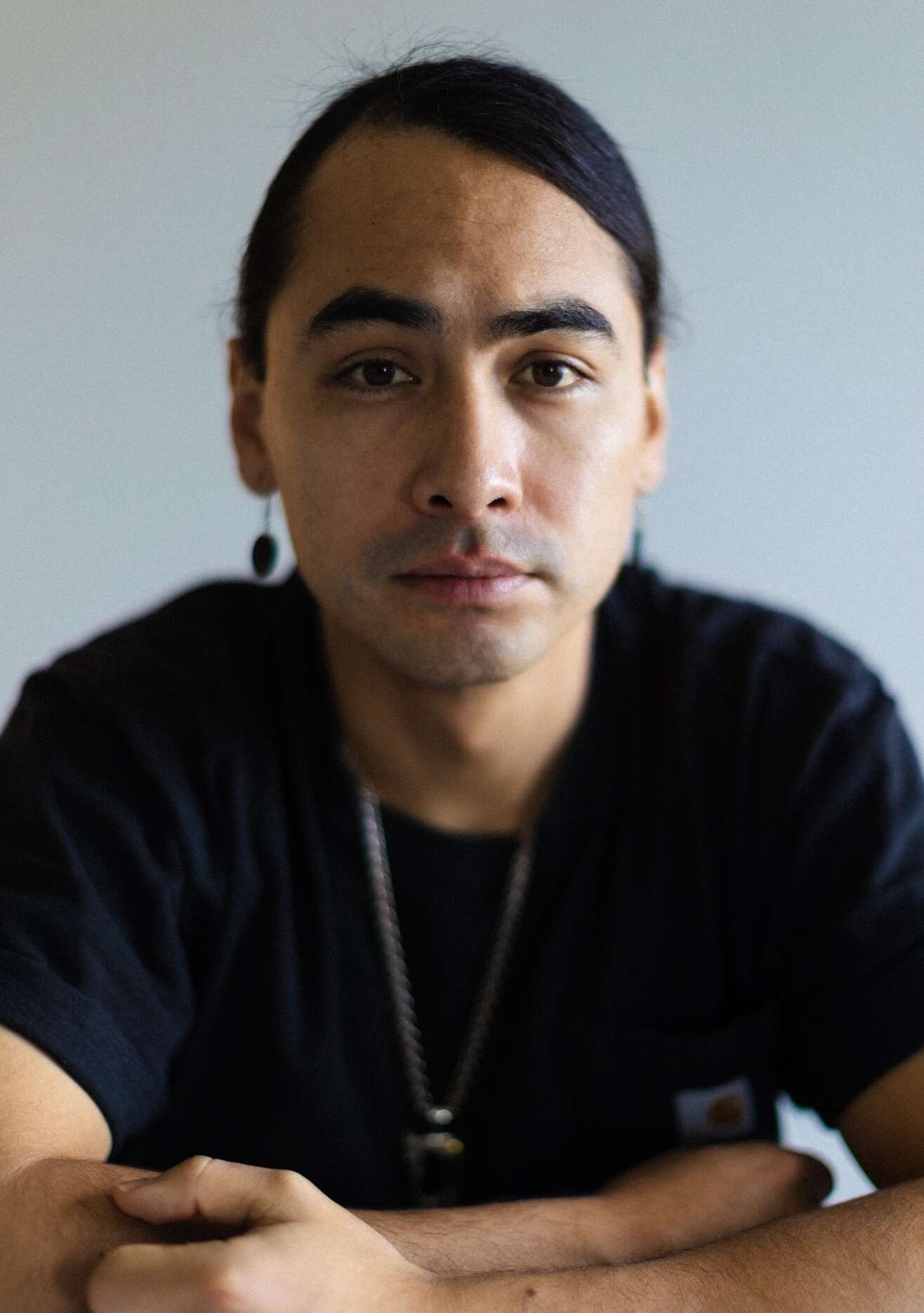Alumnus profile: Julian Brave NoiseCat
This profile is part of a series, published by the EJCJC Network, highlighting Columbia alumni making an impact in the environmental justice space.

Julian Brave NoiseCat CC ’15 is an author, filmmaker, and activist. When I spoke to NoiseCat about writing this profile, he’d just returned from the Sundance Film Festival, where his film, Sugarcane, had just premiered and won the directing award in the US Documentary Competition. Sugarcane, which is distributed by National Geographic, explores the legacy of trauma that the Canadian Indian residential school system left on Native communities.
While he describes his day-to-day work as a writer and a filmmaker, NoiseCat thinks and acts at the intersection of politics, environmental justice, and Indigenous rights. NoiseCat is best known in policy circles for originating the idea that Deb Haaland should be the Secretary of the Interior. Haaland, the first Native American cabinet secretary and leader of the Department of Interior, was sworn into office in 2021.
NoiseCat, a member of the Canim Lake Band Tsq’escen and descendant of the Lil’Wat Nation of Mount Currie, grew up in Oakland, California, which he describes as having a “significant history of movements.” NoiseCat was drawn to Columbia University for its history of student activism and its location in New York City.
At Columbia College, NoiseCat studied history and recounts being particularly interested in history’s ability to explain how societies change over time. He was also drawn to the discipline’s potential to inform movements working for positive social change. During his undergraduate years, several Indigenous movements were unfolding, including the Idle No More Movement in Canada. At Columbia, NoiseCat led the Native American Council and became an activist on campus and beyond.
After graduation, NoiseCat was awarded a Clarendon Scholarship to continue his studies at Oxford, where he got a master’s degree in global and imperial history. After briefly contemplating a career in academia, NoiseCat returned to New York, where he worked on housing policy for the De Blasio Administration as an NYC Urban Fellow, the role that was his entry point to the world of policy and politics.
NoiseCat is interested in “how society changes through political processes and culture and how movements for social justice can engender change towards the good.” NoiseCat describes entering progressive politics in a “post-Standing Rock, pre-Green New Deal” moment and working to push progressive climate policies. NoiseCat worked for the climate movement not-for-profit 350.org and helped found and build the start-up Data for Progress, a progressive think tank.
These days, NoiseCat pursues writing and filmmaking full-time but remains actively engaged with environmental and Indigenous rights issues. In 2021, he was named to the TIME100 Next list of emerging leaders for his work on the climate crisis. NoiseCat’s forthcoming book, We Survived the Night, focuses on Indigenous peoples in the United States and Canada and is set to be published by Alfred A. Knopf next year.
When I asked NoiseCat about the role of Universities in the environmental justice movement, he pointed out the importance of scholar-activists as opposed to “the ivory tower types.” NoiseCat also emphasized the role of students: “Students have a really important role to play, especially considering Columbia’s history, particularly since the 60s, of ensuring that institutions are not perpetrating harm in broader society,” he said. NoiseCat also highlighted the importance of activist organizations for students looking to get involved in the climate justice movement. “[These organizations are a] really important place for young people to learn to develop their ideas about politics, society, and the environment, but also to test them out.”
